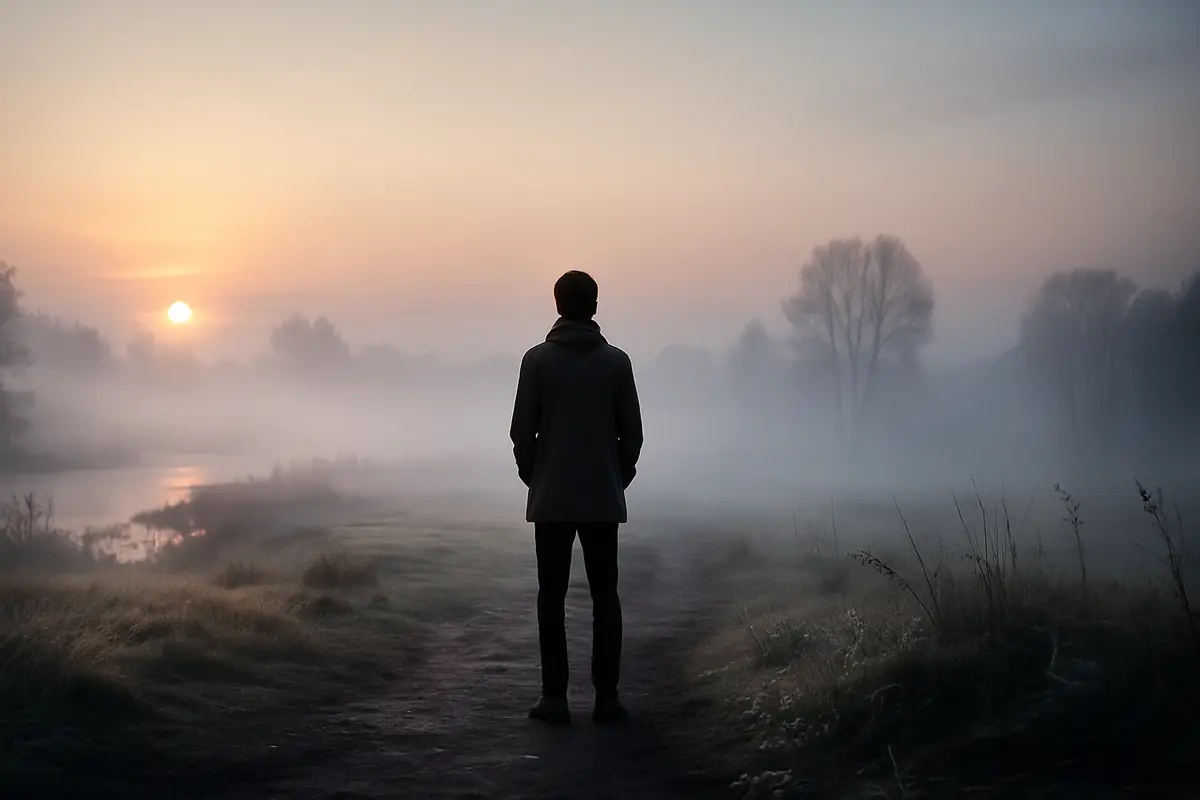Why We Fear Silence — And Why We Need It
Modern life treats silence as a void to fill, yet philosophers saw it as the space where clarity, courage, and self-understanding are born.

When was the last time you were truly surrounded by silence? Not the muted hum of appliances or the background noise of notifications, but real, uninterrupted stillness. For many people, silence is uncomfortable—sometimes even frightening. We reach for music, podcasts, or our phones at the slightest pause, as if quiet moments need to be padded with sound.
Yet long before our hyper-connected world existed, philosophers treated silence as a necessary condition for wisdom. The ancient Stoics retreated into quiet to examine their thoughts. Buddhist monks saw silence not as emptiness, but as fullness—where the mind could settle and the truth could rise to the surface. Even Blaise Pascal warned that “all of humanity’s problems stem from man’s inability to sit quietly in a room alone.”
Why, then, does silence feel so unsettling today?
Part of the answer lies in what silence forces us to confront: ourselves. When noise disappears, distractions disappear with it. Our thoughts, worries, and desires grow louder. Silence reveals what we normally drown out—questions we avoid, fears we suppress, and truths we postpone. It isn’t the absence of sound that bothers us; it’s the presence of our inner world.
But this discomfort is also why silence is so powerful.
In quiet, the mind begins to clear. Without constant stimulation, thoughts stop scattering and start forming patterns. Neuroscientists have found that moments of silence activate the brain’s default mode network—the same system responsible for memory, imagination, and self-reflection. In other words, silence is where understanding takes shape.
Philosophers believed that clarity comes not from thinking more, but from thinking in cleaner air. Marcus Aurelius wrote his most important reflections in solitude. Pythagoras required students to observe silence as a way to discipline the mind. Even modern creatives admit that their best ideas arrive in quiet moments—driving alone, showering, walking at dawn.
Silence is also a teacher. It reveals what truly matters. When the noise fades, our priorities become visible. The mind naturally moves toward what is important and away from what is trivial. This is why silence often precedes courage: it gives us the space to recognize what we must do next.
We don’t need an isolated mountain or a silent retreat to reclaim its benefits. A few minutes of intentional quiet—no screens, no music—can reset the mind more effectively than an hour of mindless distraction. Silence is not a luxury; it is maintenance for the soul.
What we fear in silence is exactly what makes it valuable. It shows us who we are when the world stops talking. And if we can learn to sit with that version of ourselves, even briefly, we may discover that silence is not empty at all—it’s where meaning begins.